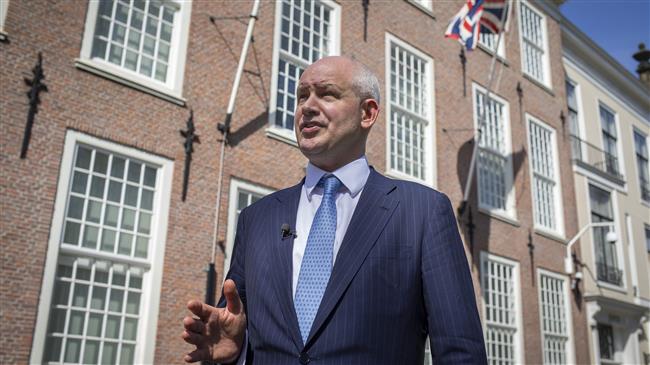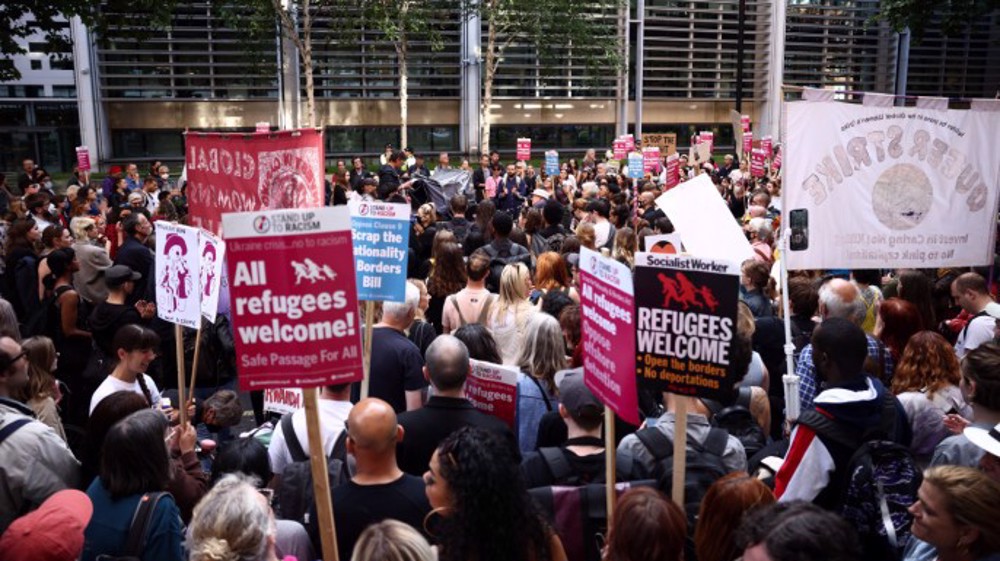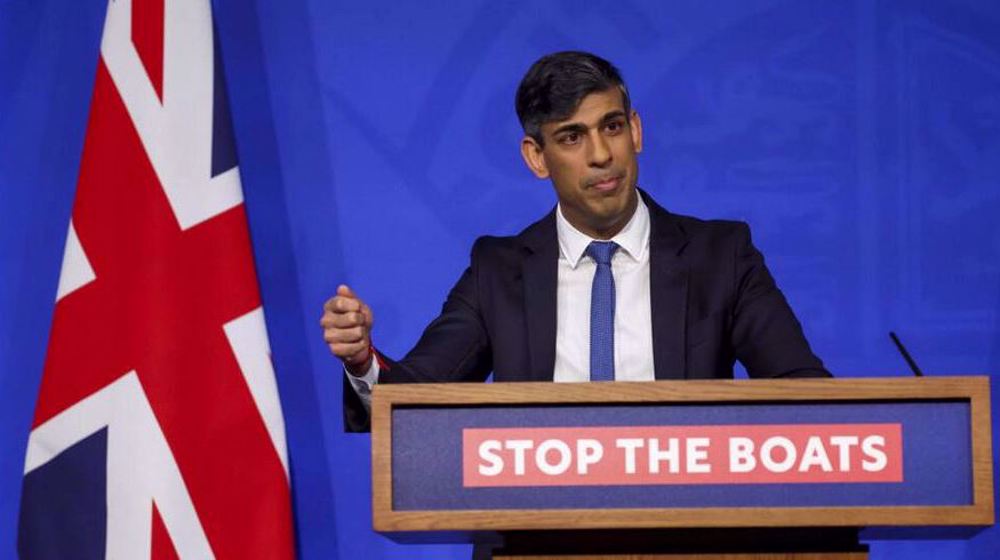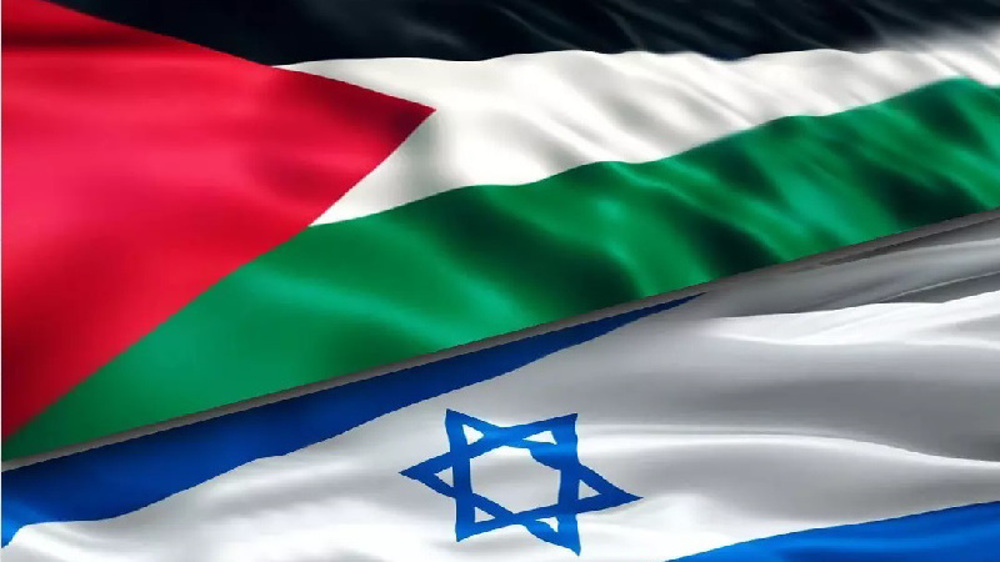‘Reckless’ Russia violated chemical arms ban: UK diplomat
Russia has violated the international ban on chemical weapons, Britain’s ambassador to Netherlands says, repeating the London’s claim that Moscow was behind a poison attack against a former spy in Salisbury last month.
"We will continue to call out Russia's reckless and indiscriminate behavior when it violates the CWC (Chemical Weapons Convention), and when it threatens global security," British ambassador Peter Wilson told a closed-door meeting of the Organization for the Prohibition of Chemical Weapons (OPCW), according to a tweet from the UK delegation.
The meeting at the Hague revolved around former Russian double agent Sergei Skripal and his daughter, who were found unconscious outside a shopping mall in Salisbury last month.
UK government experts said after concluding their investigations that the attackers had used deadly nerve agent Novichok, which is believed to have originated from Russia.
While the experts said they could not identify the possible perpetrators, London pinned the attack on Moscow and urged international action against the government of President Vladimir Putin.
“Russia has a proven record of conducting state-sponsored assassination," Wilson claimed at the OPCW meeting, referring to the 2006 mysterious poisoning of another Russian spy.
An outspoken critic of Putin who fled to Britain in 2000, Litvinenko died after drinking green tea poisoned with radioactive isotope polonium-210 at a London hotel.
Russia arrested Skripal on espionage charges two years before Litvinenko's death and handed the double-agent a 13-year jail sentence. However, the former spy was released in 2010 as part of a UK-Russian spy swap.
"It is highly likely that the Russian intelligence services view at least some of its defectors as legitimate targets for assassination," Wilson said.
It was the second meeting of the Hague-based body's executive council in three days, and was called by Britain to discuss the probe into the poisoning of Skripal and his daughter last month in the British town of Salisbury.
Founded in 1997, the OPCW oversees the application of the CWC, which is aimed at removing the stockpiles of toxic arms around the world.
After sending a team of its experts to Salisbury, the OPCW confirmed "the findings of the United Kingdom relating to the identity of the toxic chemical" in a report last week.
Moscow has rejected the accusations based on the use of Novichok, saying other countries, including the UK itself and even Sweden, have studied and probably developed the toxin.
Tehran economic conference: Raeisi hails Iran-Africa expansion of ties
VIDEO | Press TV's news headlines
Severe heat wave hits India as phase 2 of polling begins
What to expect after President Raeisi's visit to Pakistan
China describes Iran as ‘strategic partner' in West Asia
April 25: ‘Axis of Resistance’ operations against Israeli occupation
Hezbollah hits Israeli military sites near border with rockets, drones
Rwandans say UK deportation 'another brutal manifestation of neo-colonialism'











 This makes it easy to access the Press TV website
This makes it easy to access the Press TV website